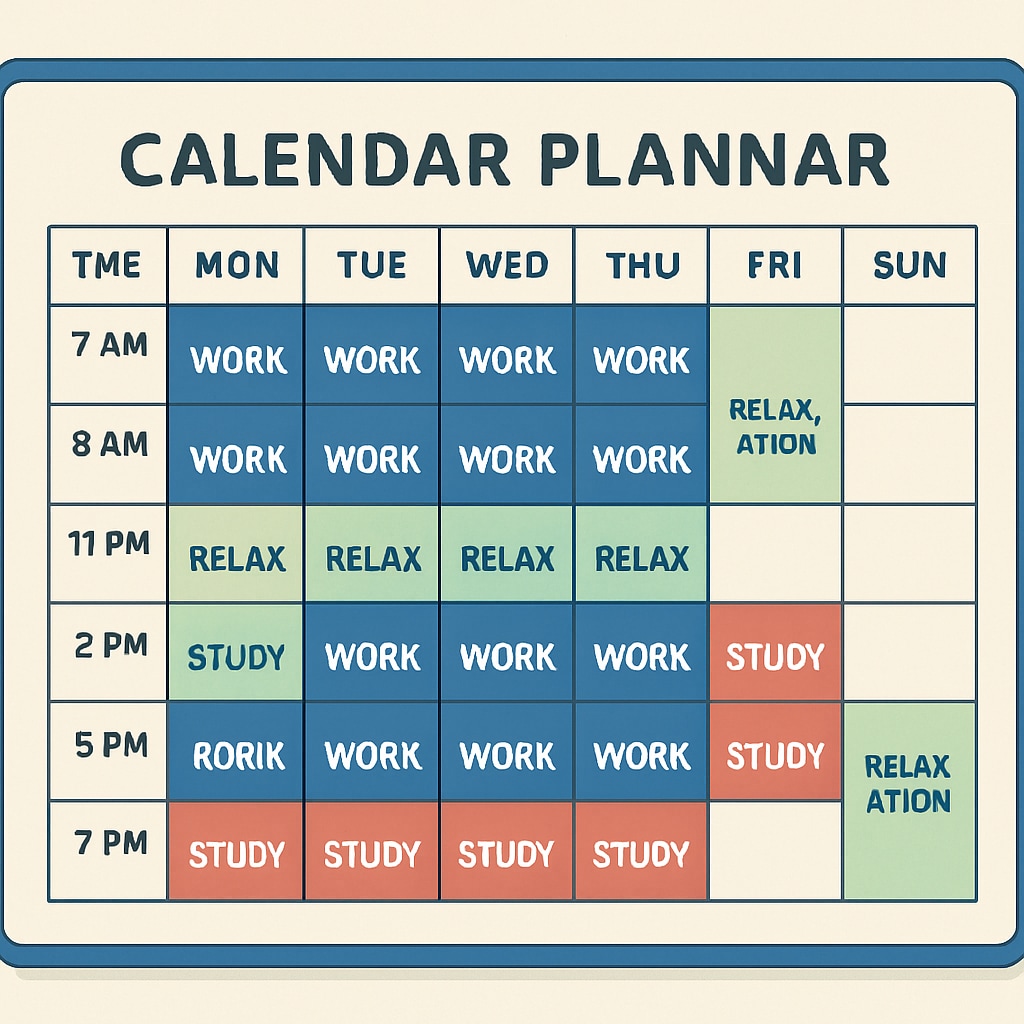Pursuing a master’s degree while managing career growth and effective time management is a balancing act many mid-career professionals face. With the demand for higher qualifications increasing in the workforce, individuals often find themselves trapped in a “time paradox,” where the pursuit of education clashes with the pressing responsibilities of a stable career and personal life. This article outlines the challenges of mid-career education, evaluates the benefits of obtaining a master’s degree, and provides actionable strategies for overcoming the hurdles.
Why Mid-Career Professionals Pursue Higher Education
For many professionals, reaching a stable point in their career doesn’t mean the end of personal development. Instead, it often sparks a renewed desire to achieve higher education goals. A master’s degree, for example, can open doors to promotions, salary increases, and new professional opportunities. According to research by Britannica, advanced education is strongly correlated with career mobility and leadership roles. However, the path to obtaining these qualifications is rarely straightforward for adults balancing work and family obligations.

The Time Trap: Balancing Work, Study, and Life
Time management is one of the most significant challenges faced by mid-career professionals pursuing advanced degrees. Juggling full-time work commitments, family duties, and academic requirements often leads to burnout or poor performance in one or more areas. This conflict, referred to as the “time trap,” can discourage individuals from starting or completing their educational journey.
Key time-related challenges include:
- Rigid work schedules that conflict with class timings.
- Limited energy to focus on studies after a long workday.
- Family responsibilities that reduce available study hours.
Despite these obstacles, there are ways to mitigate the time trap and succeed in higher education.
Practical Strategies for Managing Work and Study
To achieve balance, mid-career professionals need to approach their education with a strategic mindset. Below are some actionable strategies:
- Choose a flexible program: Online or hybrid master’s degree programs allow you to manage your time more effectively without compromising on quality education.
- Set realistic goals: Break your educational journey into manageable milestones. Focus on one semester or course at a time to avoid feeling overwhelmed.
- Leverage workplace support: Some employers offer tuition reimbursement and flexible working hours for employees pursuing higher education. Explore these benefits to reduce financial and scheduling stress.
- Time-block your schedule: Dedicate specific hours for study, work, and relaxation. Use tools like Google Calendar or specialized apps to optimize your time management.
- Build a support system: Communicate your educational goals to your family, friends, and colleagues. Their understanding can help ease pressure during critical moments.

The Long-Term Benefits of a Master’s Degree
While the journey may be challenging, the rewards of earning a master’s degree are substantial. Advanced education contributes to professional credibility, enhances specialized skills, and provides access to higher-paying roles. According to Wikipedia, individuals with master’s degrees often earn significantly more than their counterparts with only undergraduate qualifications.
Additionally, pursuing higher education mid-career demonstrates resilience and adaptability—qualities highly valued by employers in today’s competitive job market.
Conclusion
For mid-career professionals, the decision to pursue a master’s degree presents both challenges and opportunities. By adopting effective time management strategies, leveraging workplace resources, and maintaining focus on long-term goals, professionals can navigate the complexities of balancing work and study. Ultimately, the effort invested in higher education pays off in the form of career growth, personal satisfaction, and enhanced professional capabilities.
In summary: Higher education during a stable career phase may seem daunting, but with the right strategies, it is achievable and rewarding. Don’t let the time trap deter you from reaching your full potential!


